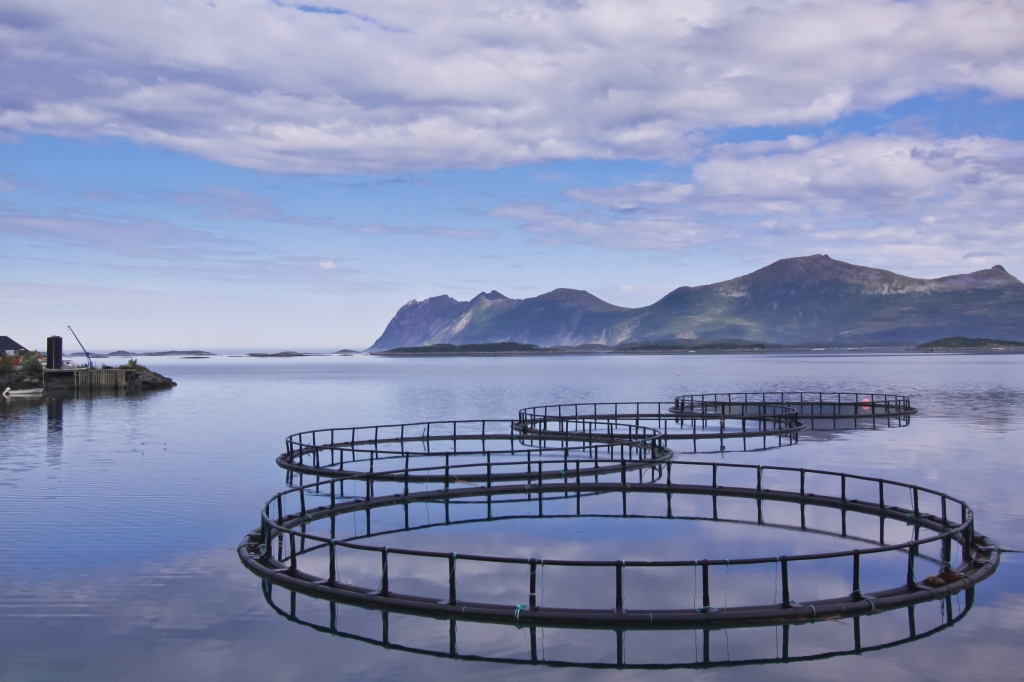Sustainable Aquaculture Practices
Aquaculture, also known as fish farming, is an increasingly popular method of seafood production. However, if not managed properly, it can have negative environmental and social impacts. To ensure the long-term sustainability of aquaculture, various practices have been developed.
One key aspect of sustainable aquaculture is reducing the use of antibiotics and chemicals. By implementing responsible farming techniques such as proper water quality management and disease prevention measures, farmers can minimize the need for these interventions. This not only protects the health of the fish but also prevents harmful substances from entering the surrounding ecosystem.
Another important practice is selecting appropriate fish species for farming. Some species are more resilient to diseases and require less feed than others. Choosing these species can reduce pressure on wild populations and decrease resource consumption in aquaculture operations.
Efficient feed management is crucial for sustainable aquaculture as well. The majority of farmed fish rely on feed made from wild-caught fish or agricultural products such as soybeans and corn. These ingredients contribute to overfishing and deforestation respectively. To address this issue, alternative feeds that utilize insect meal or algae are being explored. Additionally, improving feeding techniques to minimize waste can further enhance sustainability.
Proper site selection plays a vital role in minimizing environmental impacts associated with aquaculture operations. Farms should be located in areas with suitable water conditions that promote natural filtration processes and prevent pollution runoff into nearby ecosystems.
To ensure social responsibility within the industry, fair labor practices must be upheld throughout all stages of production. This includes providing safe working conditions, fair wages, and respecting workers’ rights.
Certification programs like the Aquaculture Stewardship Council (ASC) provide a valuable tool for consumers to identify responsibly produced seafood products. These programs assess farms against rigorous standards related to environmental impact reduction, food safety protocols, worker welfare considerations, community engagement efforts, among other criteria.
In conclusion, sustainable aquaculture practices are vital for the long-term viability of the seafood industry. By reducing the use of antibiotics and chemicals, selecting appropriate fish species, implementing efficient feed management, choosing suitable farm locations, upholding fair labor practices, and seeking certification from reputable programs, aquaculture can contribute to a more sustainable future for our oceans and communities.

Leave a comment